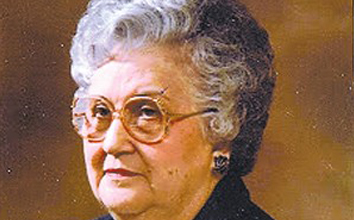235
One of my most precious memories would be of our school days in the thirties. Perhaps time has a way of coloring those memories, but I like them anyway.
When the day started out wet and rainy and it was continuing to rain at about eleven o'clock,
School memories of teachers, friends last a lifetime
previous post




